Introduction: Sleep — More Than Just Rest
Sleep is a complex and essential biological process that impacts nearly every system of the body. We often hear about the importance of getting “a good night’s sleep,” but did you know that not all sleep is the same? Sleep consists of multiple stages, including REM (Rapid Eye Movement) and deep sleep (also known as slow-wave sleep). Each plays a distinct and vital role in maintaining physical, mental, and emotional health.
In this article, we’ll explore the science behind REM and deep sleep, their unique benefits, how they work together, and what happens when we don’t get enough of them.
🧠 What Are the Stages of Sleep?
Sleep is divided into two broad categories:
- Non-REM (NREM) Sleep
- REM (Rapid Eye Movement) Sleep
A full night’s sleep cycles through these stages multiple times, typically in 90-minute cycles.
Non-REM Sleep has 3 stages:
- Stage 1 (Light Sleep): Transition between wakefulness and sleep; lasts a few minutes.
- Stage 2: Light sleep continues; body temperature drops, heart rate slows.
- Stage 3 (Deep Sleep or Slow-Wave Sleep): This is the most restorative stage, vital for physical repair and immune function.
REM Sleep:
Occurs about 90 minutes after falling asleep. Brain activity increases, eyes move rapidly, and dreams are most vivid. Despite brain activity, muscles become temporarily paralyzed to prevent acting out dreams.
😴 Deep Sleep (Slow-Wave Sleep): The Body’s Repair Zone
Deep sleep is the stage where the body focuses on healing and regeneration. It’s named “slow-wave” due to the slow, high-amplitude brain waves that occur.
What Happens During Deep Sleep?
- Tissue and muscle repair
- Growth hormone release
- Immune system strengthening
- Memory consolidation (especially factual and declarative memory)
- Detoxification of brain waste products (via the glymphatic system)
Why It’s Important:
Lack of deep sleep has been associated with:
- Weakened immunity
- Increased inflammation
- Higher risk of chronic diseases (e.g., diabetes, heart disease)
- Cognitive impairment
🌙 REM Sleep: The Brain’s Reboot Mode
REM sleep is where the brain becomes more active, similar to when you’re awake, but the body remains at rest.
Key Activities During REM Sleep:
- Emotional processing
- Learning and memory integration
- Creative problem-solving
- Dreaming and mental simulation
Benefits of REM Sleep:
- Enhances mood regulation
- Improves ability to learn new skills
- Helps process traumatic memories
- Strengthens connections between neurons (neuroplasticity)
🔄 How REM and Deep Sleep Work Together
These two sleep stages play complementary roles:
| Function | Deep Sleep | REM Sleep |
|---|---|---|
| Physical Restoration | ✅ | ❌ |
| Emotional Regulation | ❌ | ✅ |
| Immune System Support | ✅ | ❌ |
| Brain Plasticity | ✅ | ✅ |
| Memory Formation | ✅ (facts) | ✅ (skills, emotions) |
Each 90-minute sleep cycle contains both types of sleep, but deep sleep dominates the first half of the night, while REM becomes longer toward the morning.
⏳ How Much Deep and REM Sleep Do You Need?
On average:
- Deep sleep makes up 13–23% of your total sleep (roughly 1–2 hours per night)
- REM sleep makes up 20–25% (around 90–120 minutes)
You need 7–9 hours of sleep per night to allow for proper cycling through all stages.
⚠️ What Disrupts REM and Deep Sleep?
Several factors can impair these crucial stages:
- Caffeine and alcohol consumption
- Chronic stress and anxiety
- Sleep disorders (like sleep apnea or insomnia)
- Poor sleep hygiene (e.g., screens before bed, irregular sleep times)
- Medications (certain antidepressants reduce REM sleep)
✅ Tips to Improve REM and Deep Sleep Naturally
- Stick to a consistent sleep schedule, even on weekends.
- Avoid stimulants like caffeine 6–8 hours before bed.
- Create a dark, cool, and quiet sleep environment.
- Limit screen time at least an hour before bed.
- Exercise regularly (but not too close to bedtime).
- Practice relaxation techniques, like meditation or deep breathing.
🧬 The Future of Sleep Science
Research into REM and deep sleep continues to uncover new connections to long-term health. Studies suggest poor sleep quality may contribute to neurodegenerative diseases like Alzheimer’s, as toxic proteins build up in the brain when deep sleep is insufficient. Meanwhile, disrupted REM sleep is linked to mood disorders, such as depression and PTSD.
Innovations like sleep trackers, EEG headbands, and AI-based sleep coaching may help people optimize their sleep stages in the near future.
🛌 Conclusion: Prioritize Sleep Like Your Health Depends on It — Because It Does
REM and deep sleep are not optional luxuries—they are biological necessities. Together, they support everything from muscle repair and immune function to memory and emotional stability. If you want to improve your focus, reduce stress, age gracefully, and protect your brain and body long-term, making high-quality sleep a priority is one of the smartest moves you can make.
ABOUT THE AUTHOR
Dr. Abid Akram is a dedicated medical practitioner known for his patient-centered approach and strong clinical expertise. With an MBBS degree and years of hands-on experience, he has developed a keen interest in preventive healthcare and internal medicine. Dr. Abid firmly believes that health is not just about treating illness but about empowering individuals to make lifestyle choices that prevent disease and promote long-term well-being. His approachable personality and ability to explain complex medical concepts in simple terms make him a trusted doctor among his patients. Outside of his clinical practice, Dr. Abid contributes to community health awareness programs, aiming to bridge the gap between medical knowledge and everyday life.

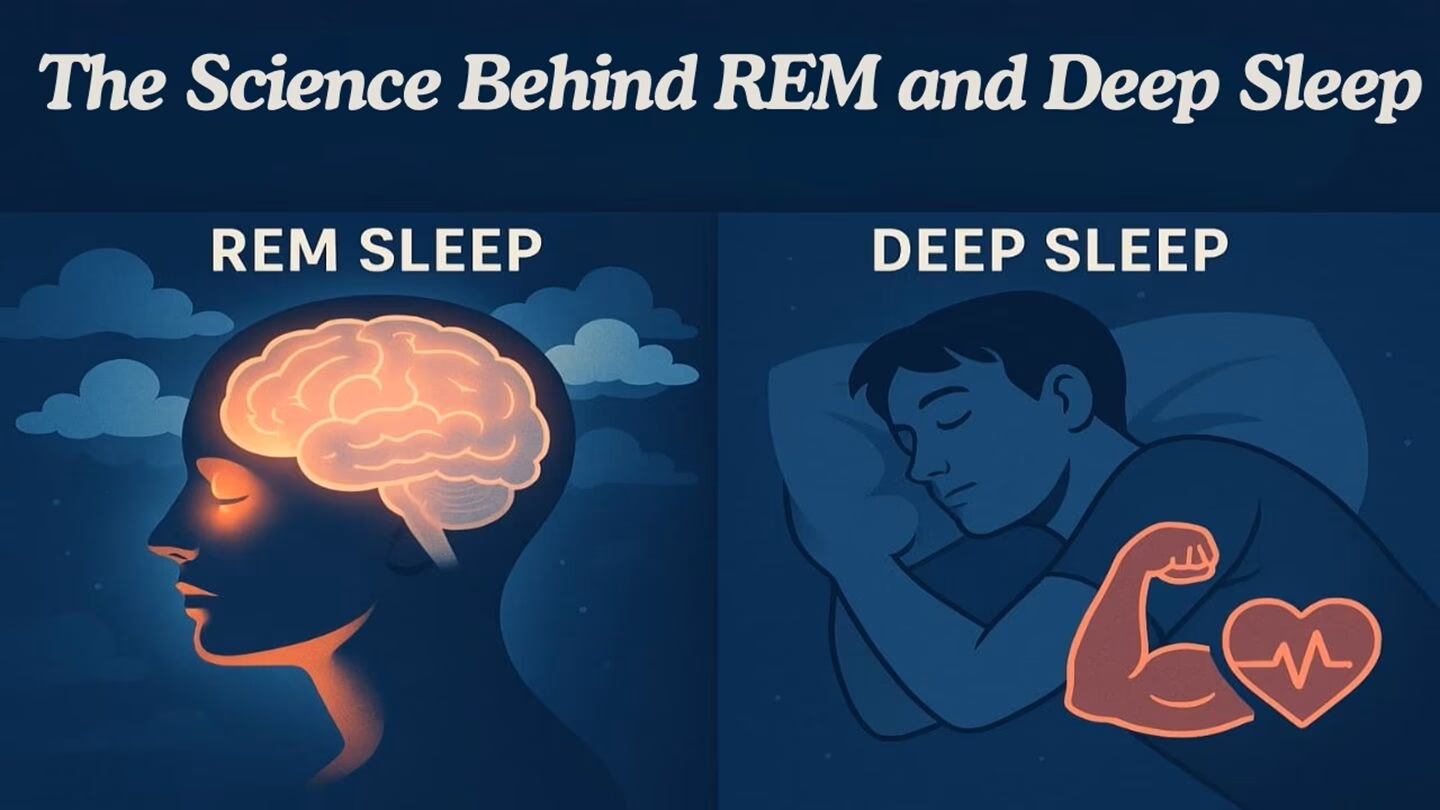


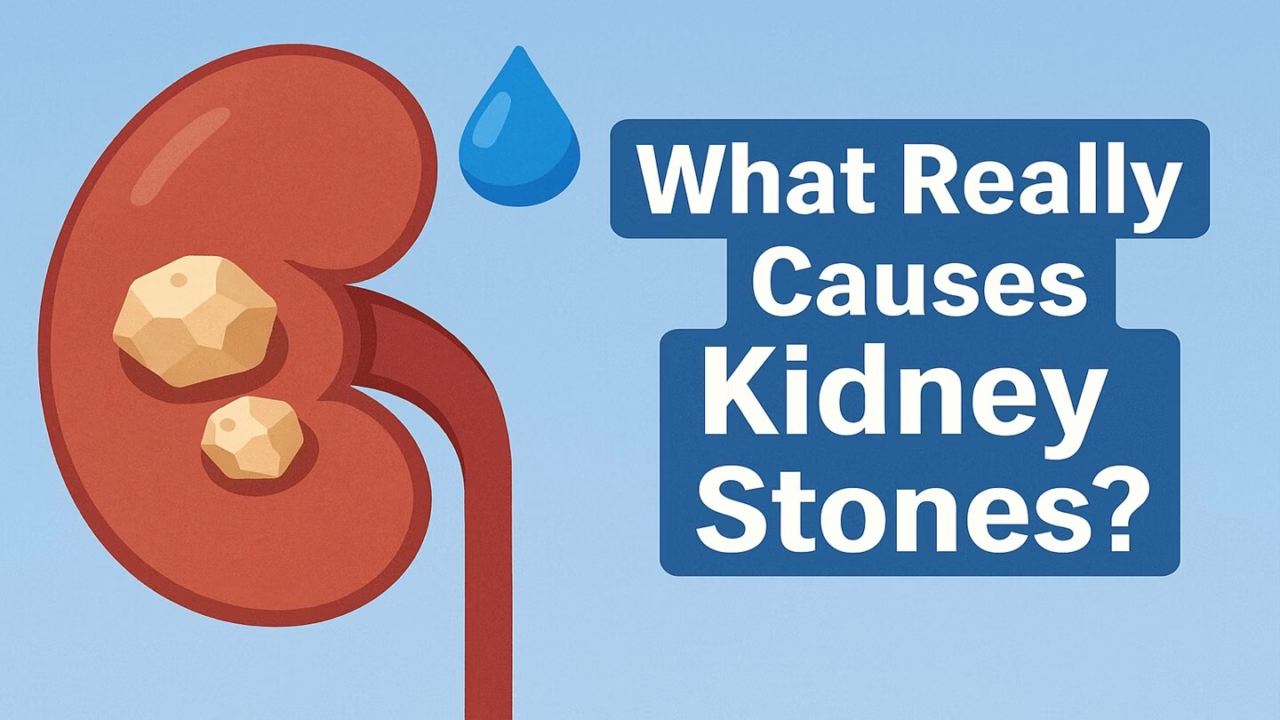


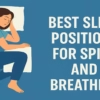
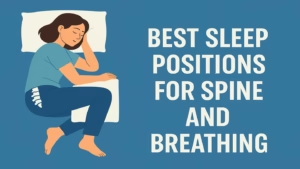
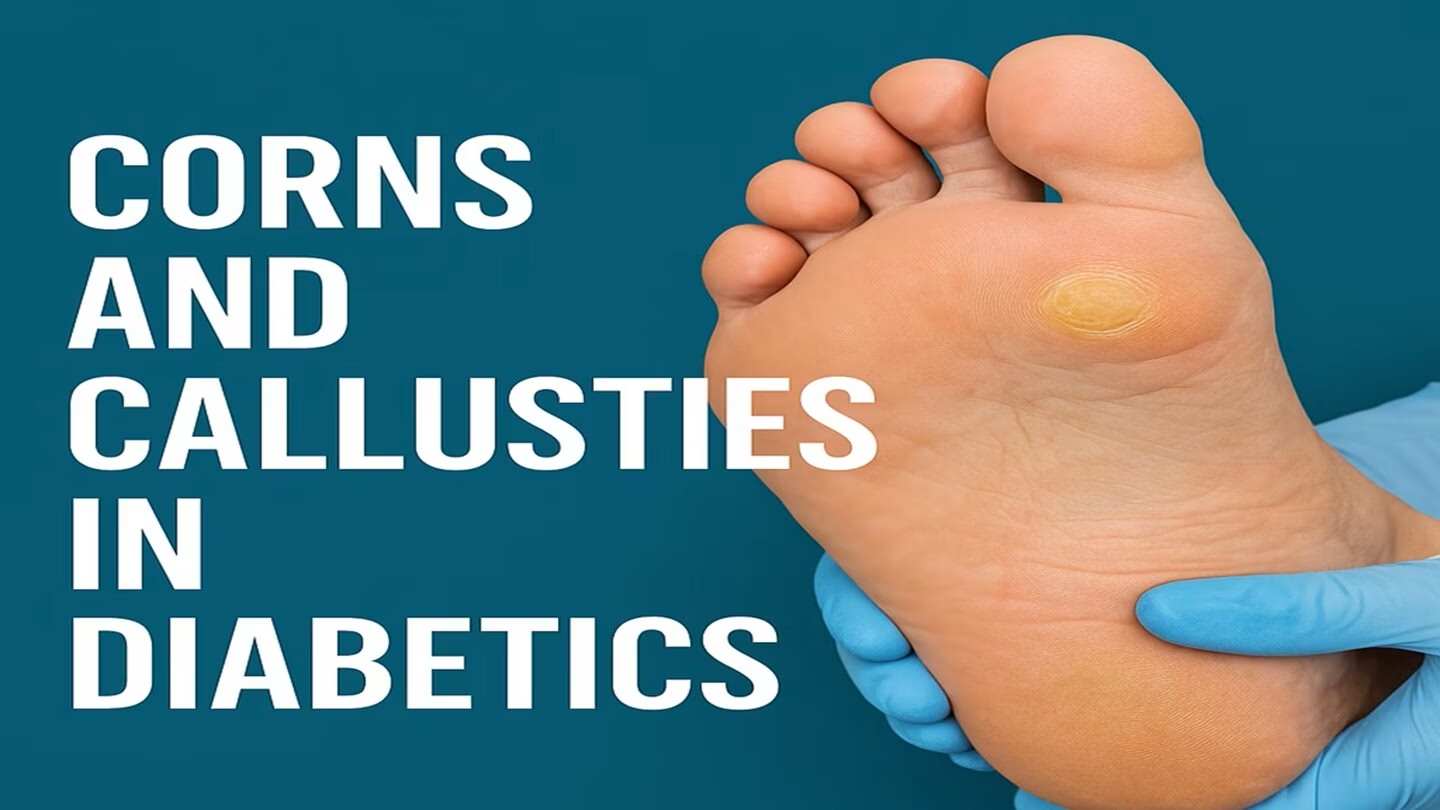

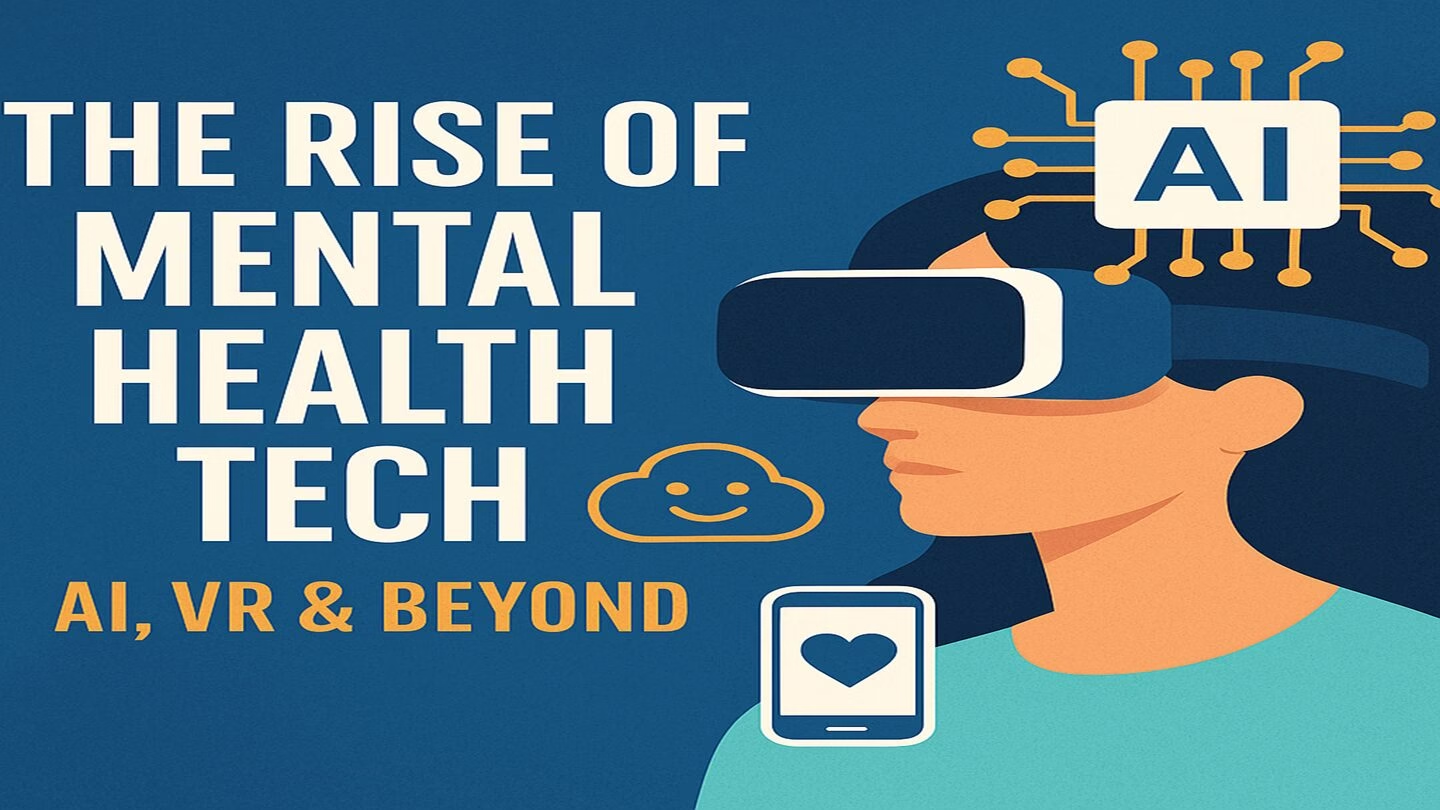
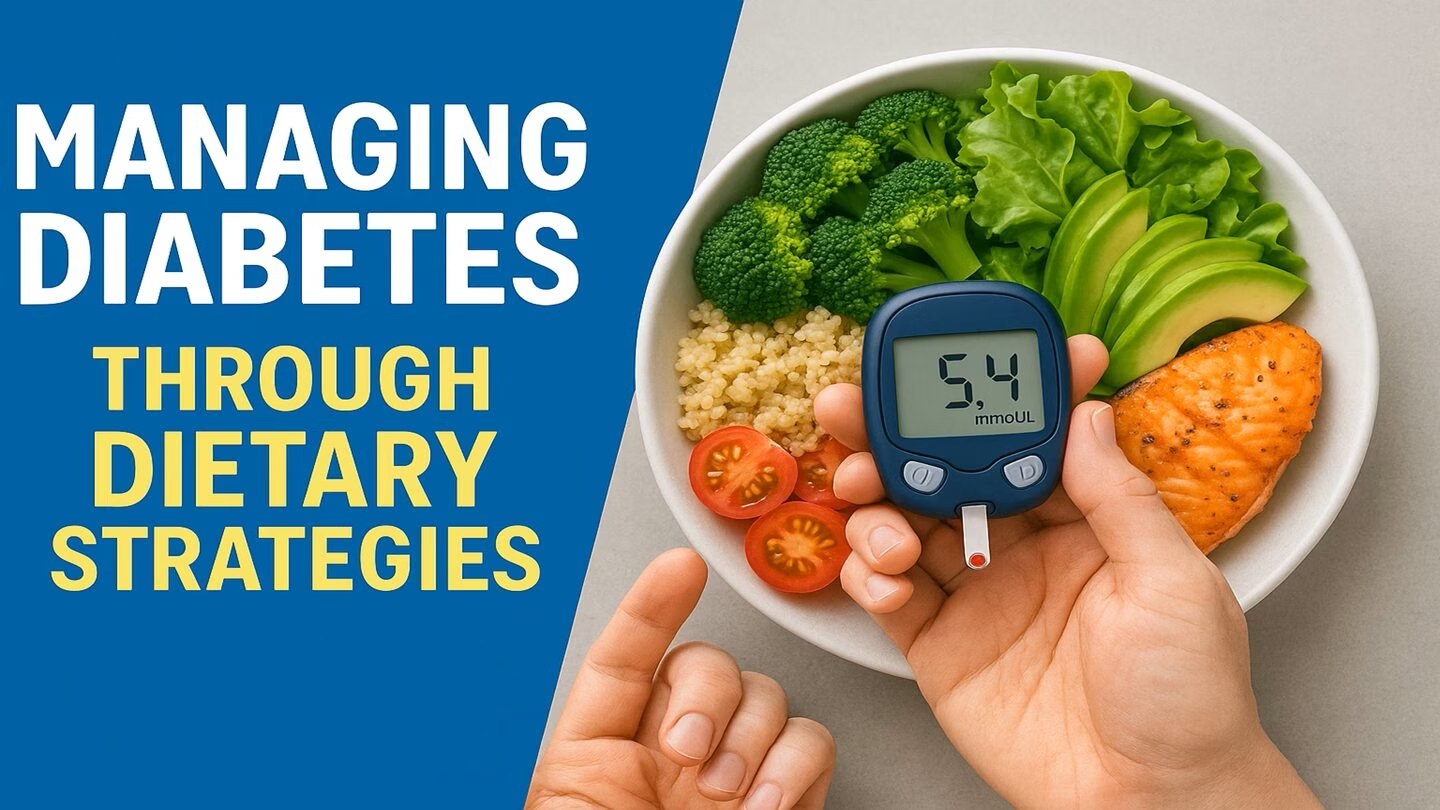

Add comment